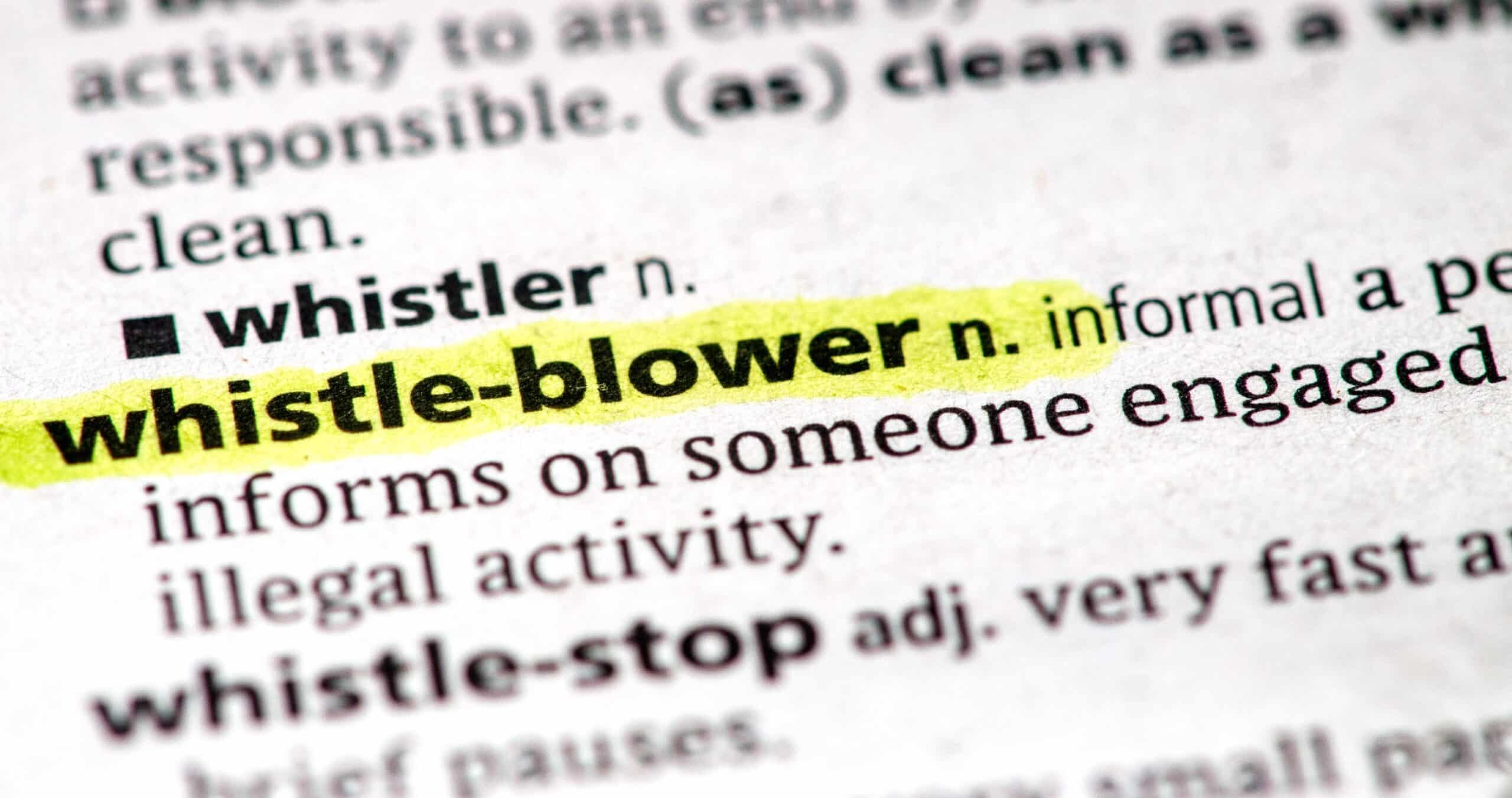California Whistleblower Protections Cover Complaints that Employers Already Know About
![]()
On May 22, 2023, the California Supreme Court issued an important decision clarifying that employers violate the law if they terminate or retaliate against employees who complain about violations that were already known to the employer. In People ex rel. Garcia-Brower v. Kolla’s (S269456), the employee worked for a nightclub in Orange County. She complained that she had not been paid for her three previous work shifts. The employer then threatened to report her to immigration authorities and fired her.
The plaintiff then filed a complaint with the Division of Labor Standards Enforcement (DLSE) of the State of California’s Department of Industrial Relations. The DLSE investigated and prosecuted her complaint. Unfortunately, the trial court held that Labor Code section 1102.5, California’s whistleblower protection law, did not apply because the employee had complained to her employer rather than to a government agency. The court of appeal affirmed on different grounds, holding that in order to be protected under section 1102.5, an employee’s complaint must report something that the employer was not already aware of.
The court explained that Estrada, as the owner of the nightclub, “was at least aware of — if not responsible for — the non-payment of wages” and that an “ ‘employee’s report to the employee’s supervisor about the supervisor’s own wrongdoing is not a “disclosure” and is not protected whistleblowing activity, because the employer already knows about his or her wrongdoing.’ ” (People v. Kolla’s Inc. (May 10, 2021, G057831) [nonpub. opn.], quoting Mize-Kurzman v. Marin Community College Dist. (2012) 202 Cal.App.4th 832, 859 (Mize-Kurzman).)
The California Supreme Court rejected both the trial court’s and the court of appeal’s decisions. The Court noted that section 1102.5(b) “reflects the broad public policy interest in encouraging workplace whistle-blowers to report unlawful acts without fearing retaliation.” (Green v. Ralee Engineering Co. (1998) 19 Cal.4th 66, 77; Lawson v. PPG Architectural Finishes, Inc. (2022) 12 Cal.5th 703, 709. The Court then explained that because section 1102.5 was subject to more than one reasonable interpretation, it was required to consider “the ostensible objectives to be achieved by the statute, the evils to be remedied, the legislative history, public policy, contemporaneous administrative construction and the statutory scheme of which the statute is a part.”
Turning to section 1102.5, the Court made the following sensible, common-sense remarks:
- Adopting the conclusion that employees must report something new to come within the scope of section 1102.5 would exclude employees who made complaints that corroborated earlier complaints and leave them vulnerable to termination. This would make it harder to investigate the underlying issues;
- The language of section 1102.5 does not support a rule that only the first employee to report a violation is protected from retaliation; and
- Employees would be less likely to report unlawful acts if they could be retaliated against for doing so.
The Court then concluded that section 1102.5 protects employees who complain about violations that an employer already knows about. The Court also explicitly disapproved of the holding in Mize-Kurzman.
If you are a California whistleblower or have questions about your rights at work, please feel free to contact Hunter Pyle Law to make use of our free and confidential intake process. We can be reached at (510) 444-4400, at inquire@hunterpylelaw.com or at www.hunterpylelaw.com.


